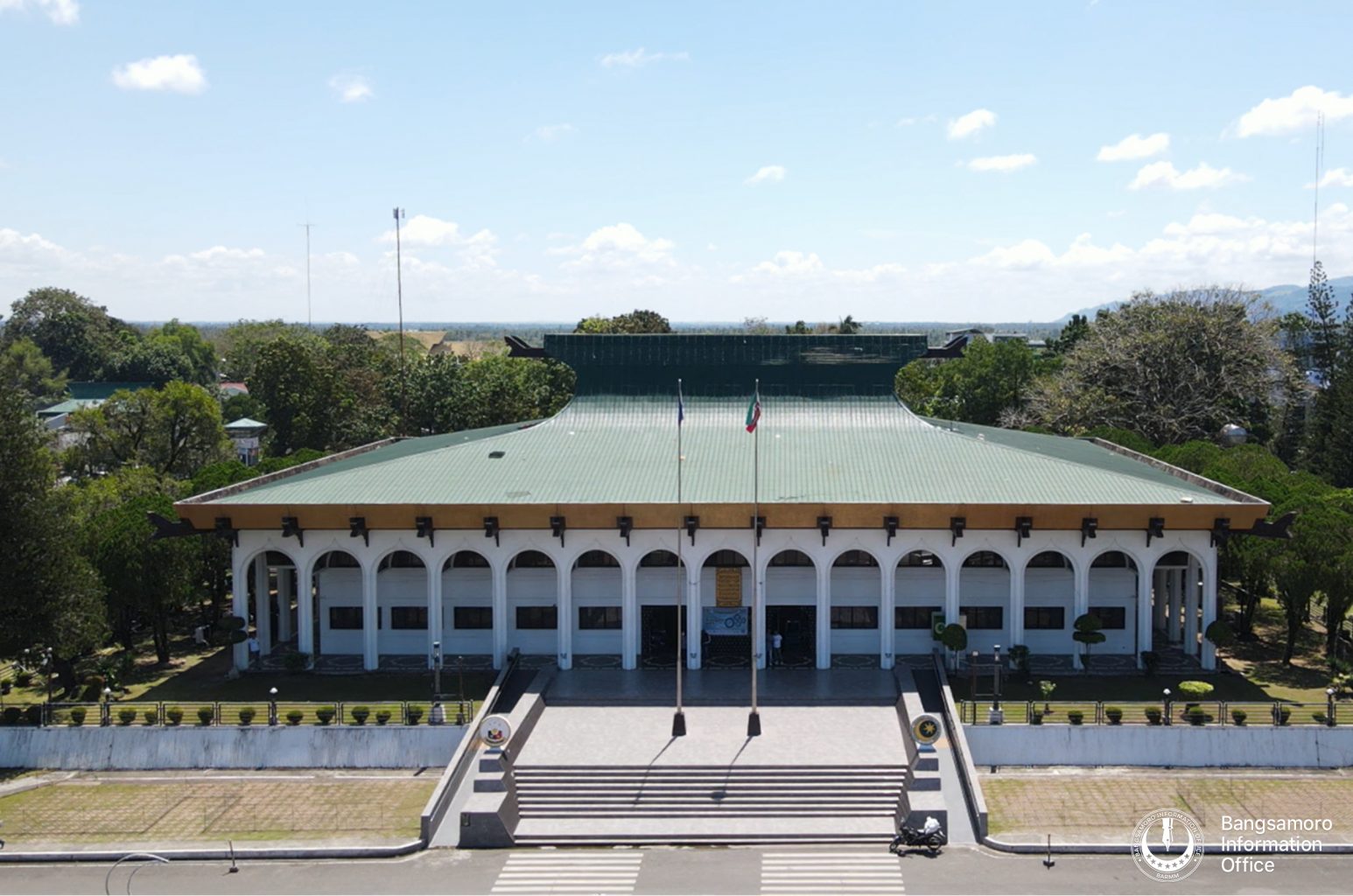
Photo by Marhom Ibrahim
DAVAO CITY—The Office of the Chief Minister’s (OCM) Administrative Management Service (AMS) is planning to digitize its records management to promote fast and efficient office transactions in BARMM.
In collaboration with the European Union (EU) through the Support to Bangsamoro Transition (SUBATRA), the OCM held a 3-day training which capacitated 50 records officers from OCM with a thorough comprehension of the fundamental concepts of the electronic document management system (EDMS), as well as the ability to create action plans to uphold and maintain the standardized records management.
AMS Director Narcisa Macog emphasized that EDMS has a significant contribution to records management since it is designed for organizing and storing different kinds of documents.
“Looking at the Office of Chief Minister (OCM) as the center of the BARMM government, it is anticipated to receive and process a large volume of digital documents that may compromise database management due to numerous potential risks and protect the security with such volume of documents through the EDMS,” Macog said.
According to AMS Chief Administrative Officer Rayhana Mokamad, the EDMS is designed to conceptualize document or data banking “to fast tract transactions which is one of the essential platforms necessary in the OCM being the depository center of various in and out transactions in BARMM.”
Meanwhile, SUBATRA Acting Team Leader Atty. Reginald Pastrana mentioned several relevances in using an electronic copy of documents while not ignoring the legal parlance in keeping the records.
“From SUBATRA, we are hoping that this training on EDMS could contribute to achieving a sustainable and improved management of all records in BARMM,” Pastrana said.
Among the highlights of the training include lectures on providing access to documents, document security threats, looming regulatory deadlines connectivity between integrated tools, document standardization and rendering upkeep of software, and transition legacy systems as well as workshop conceptualization and presentation of the output related to EDMS proposing software with a panel of critiques.
During the session, National Archives of the Philippines Supervising Records Management Analyst Mr. Terrence Tablizo explained the essence of proper management of records in electronic platforms especially since BARMM is currently in the transition period.
“Documents or records are the lifeblood of the organization and they should be intact and properly turnover during the transition period because it is very difficult for the newly installed authority to decide from scratch,” Terrence said.
“The automation of records is called digitation in which transactions will be automated using an electronic system but you should collaborate and think of one trucking system that is not applicable only for an individual office but one system that can be used in the entire BARMM,” UNOPS ICT Consultant and Project Manager Jurgen Weiss emphasized.
Sami Ysmael Ebrahim, a participant from Information and Communication Office, stressed that having an electronic data management system could help improve various transactions such as “easy access to data, fast search, quick response to clients and retrieval of any documents in times of need”. (Kasan Usop, Jr./BIO)







